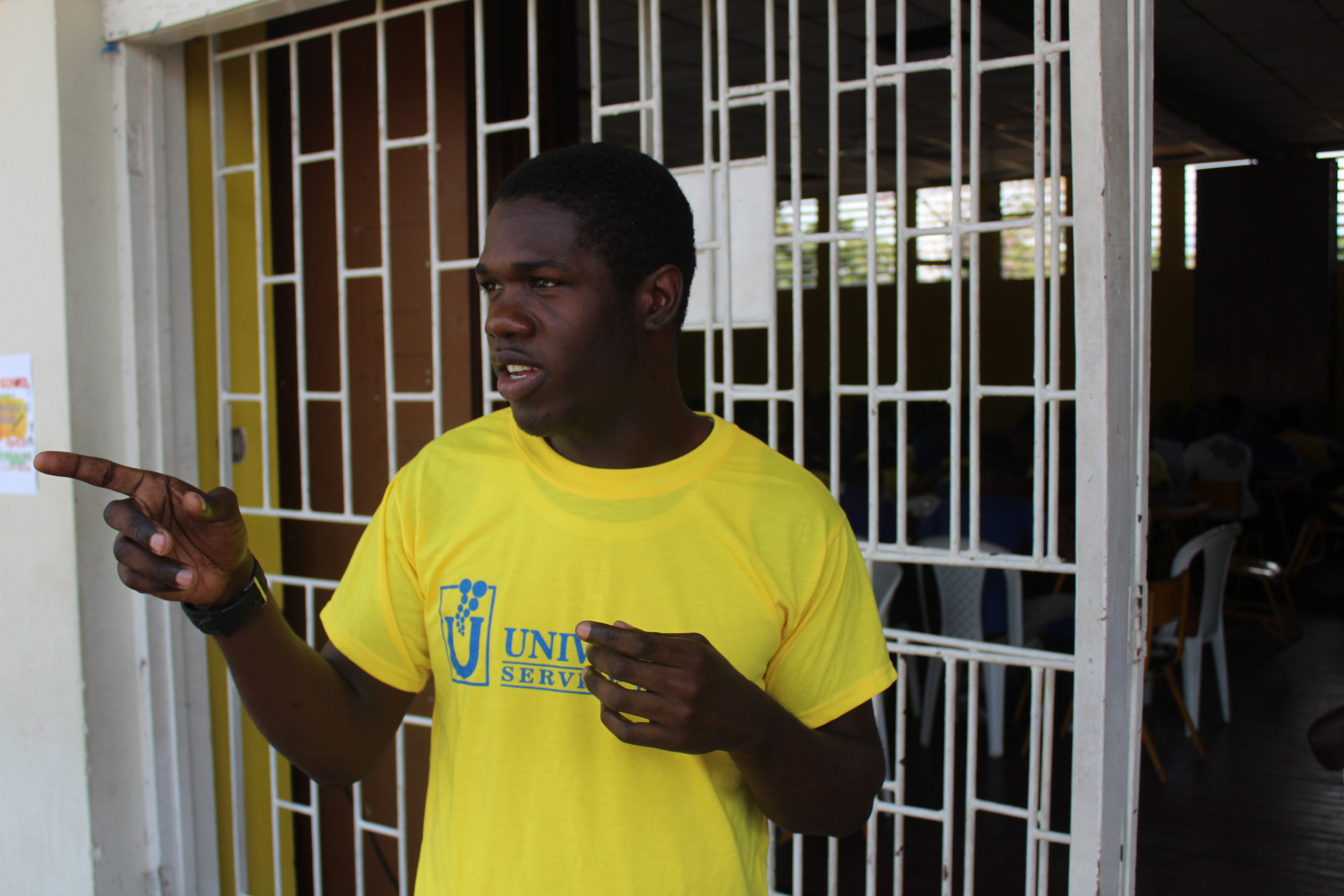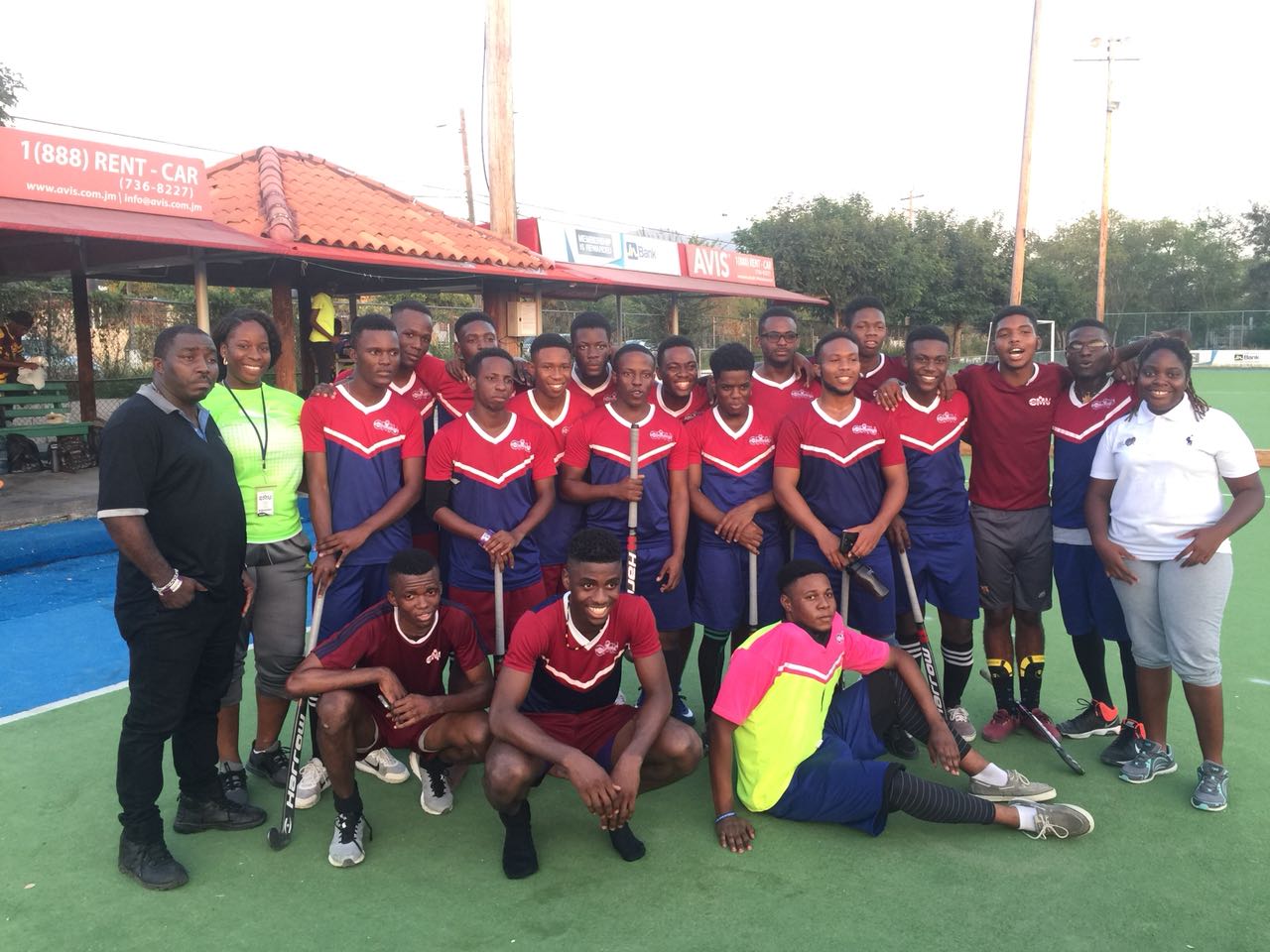
“If you are not working, in training or in a university, employers don’t take you seriously,” Andre said. “And I think at some point most of us [youth] just give up and say, ‘No one will ever employ us.’”
Andre Riley, a resident of the Mountain View avenue community in St. Andrew, had been unemployed since leaving high school in 2013. Now 24 year-old, he had given up on gaining a stable job.
Then came the Technology Advancement Programme, TAP, a brainchild of Technology Minister Dr. Andrew Wheatley, funded by the Universal Service Fund, with training provided by the Caribbean Maritime University, the CMU.
TAP targets the large population of unattached youth which by some estimates is as much as 70 percent in some cohorts.
The approximately one thousand participants (hence TAP1000), between the ages of 18 and 35, selected from across the island are provided with valuable job skills training (with an emphasis on information communications technology) as well as a stable income, and work experience.
The first three months take the form of training which will be administered and certified by the CMU. For the other nine months, these persons will be placed at various government entities across the country, in the parishes where they reside, to make full use of the skills acquired during the three-months
For participants like Andre it’s been “transformational.”
“I basically stopped job hunting, because I usually don’t get any response whenever I send out resumes,” he said. Stories like his – are far from unusual given the thousands of youth between the ages of 18 and 24 in Jamaica – who are unemployed despite actively seeking jobs.
With little prospect of finding work Andre spent most of his days at home or on the road in his community. Then one day his mother told him about a programme she heard about on the radio called “TAP.”
“I googled ‘TAP job programme in Jamaica’ and the information came up,” he said.
It was a rare flicker of hope for Andre after a series of applications that went nowhere and employers whom he said constantly reminded him that he needed more work experience or declared that he was simply unqualified.
“After reading about the programme, and learning that it was offered by the Ministry of Science, Energy and Technology and the Caribbean Maritime University – I visited the CMU website, and saw the application period was closed,” he stated. So I checked the CMU’s social media page and saw that they are having a workshop in Montego Bay and were scheduled to come to Kingston in two days. I was determined to be a part of the Kingston set so I called the CMU.”
He said after calling the University, a staff member admired his determination, and contacted the programme coordinator for the TAP programme and arranged for him to visit the Kingston workshop.
Through TAP – the CMU is training close to 1000 young Jamaicans in effective communication strategies, data collection, online data security and computer literacy.
“Already I have learned some very important work skills that have changed my outlook on life,” he said.
“Waking up every morning and knowing that you’re learning something new that will benefit you in the work world is a good feeling,” he said. While the money provided to participants is an incentive, Andre says it is by no means his sole purpose for attending.
According to Dr. Kornel Brown, Associate Vice-President at the Caribbean Maritime University, “we’re always looking for opportunities to positively impact youth in Jamaica, and this is one such avenue,” he said. “These young men and women – when you are able to intervene at this point, you can change the trajectory of their lives.”
Meanwhile, CMU’s President, Professor Fritz Pinnock said “our university [CMU] will continue to support programmes like TAP that create clear career paths to employment, including training in ‘hard’ skills like technological certification and customer service, as well as ‘soft’ skills like teamwork, problem solving and time management for young people across all backgrounds.
For Andre, the fact that he will receive a certificate from the Caribbean Maritime University at the end of the programme – serves as motivation to pursue higher education in the future. He says he intends to pursue that dream when he is more settled financially.
He believes youth in Jamaica represent a significant untapped resource of productivity and talent. He added that with the right support and training, they can contribute positively to businesses and communities in Jamaica.
A large number of the participants from the programme are from low-income households and Andre feels some people do not respect them. s
“A lot of persons in Jamaica look down on persons from inner-city communities, especially youths who are unemployed,” he said. “I believe if organizations give these youth a chance to work in a business environment – it will have a positive impact on them, as well as their communities.”
For more information on the TAP1000 programme visit http://www.tap1000jm.org



